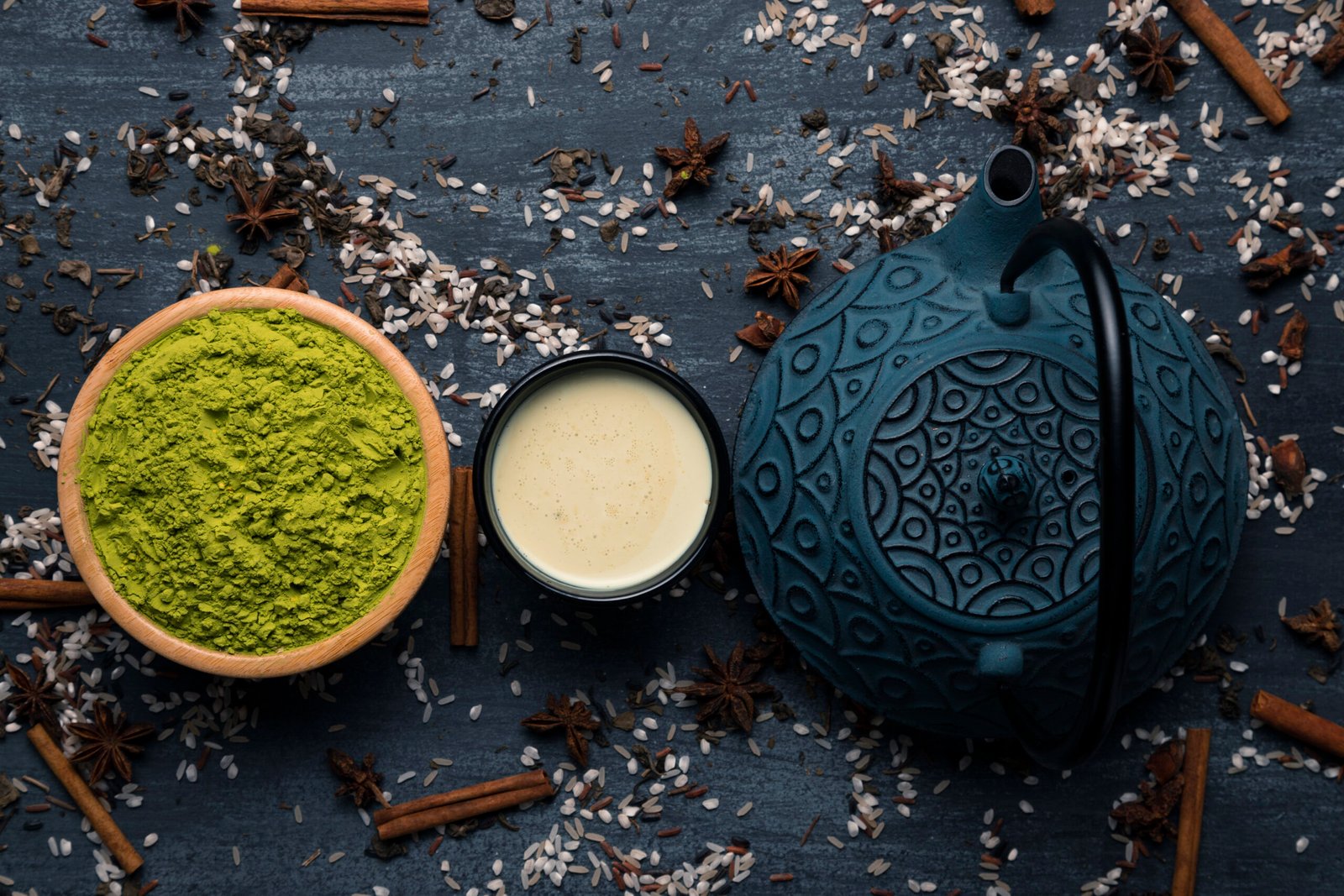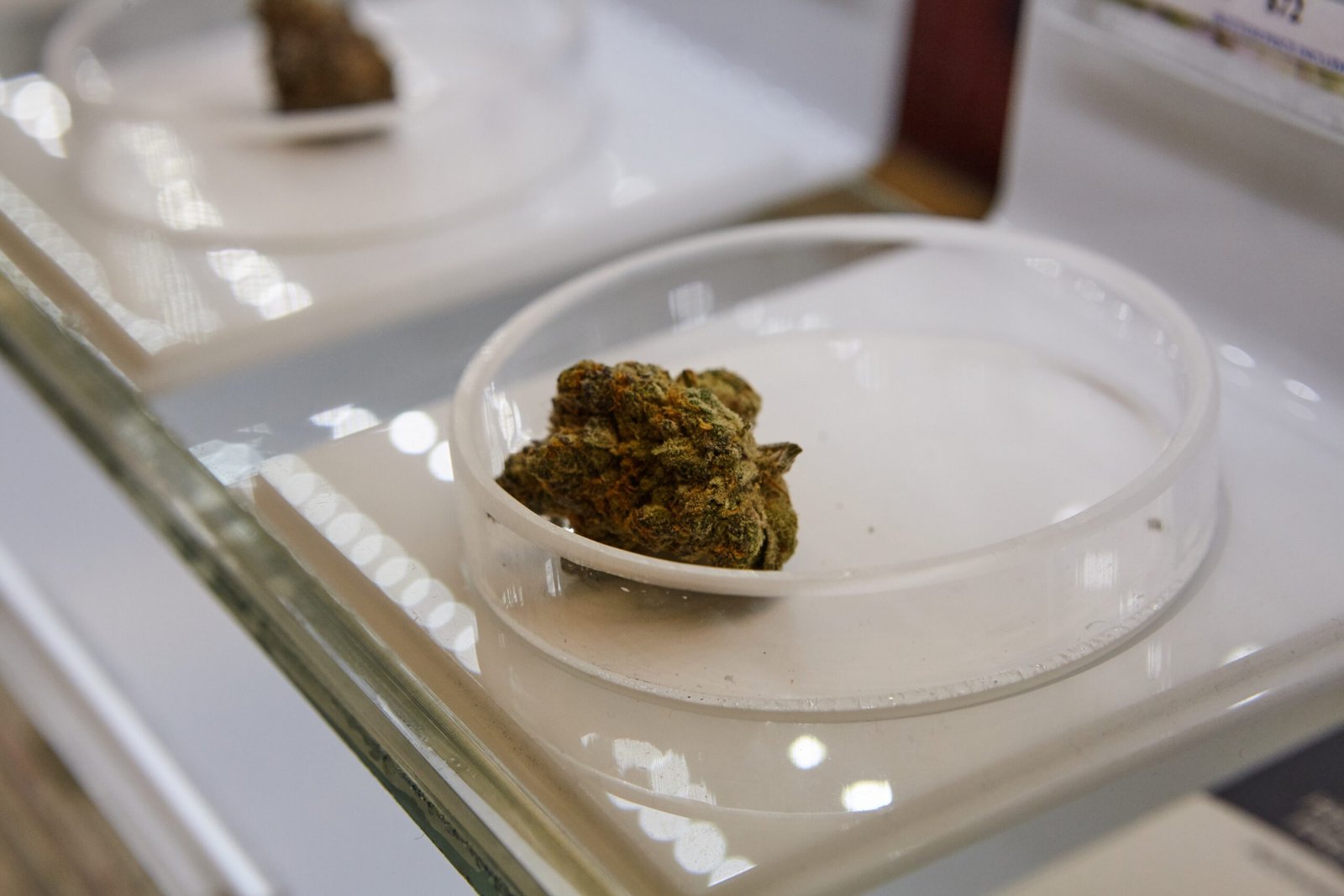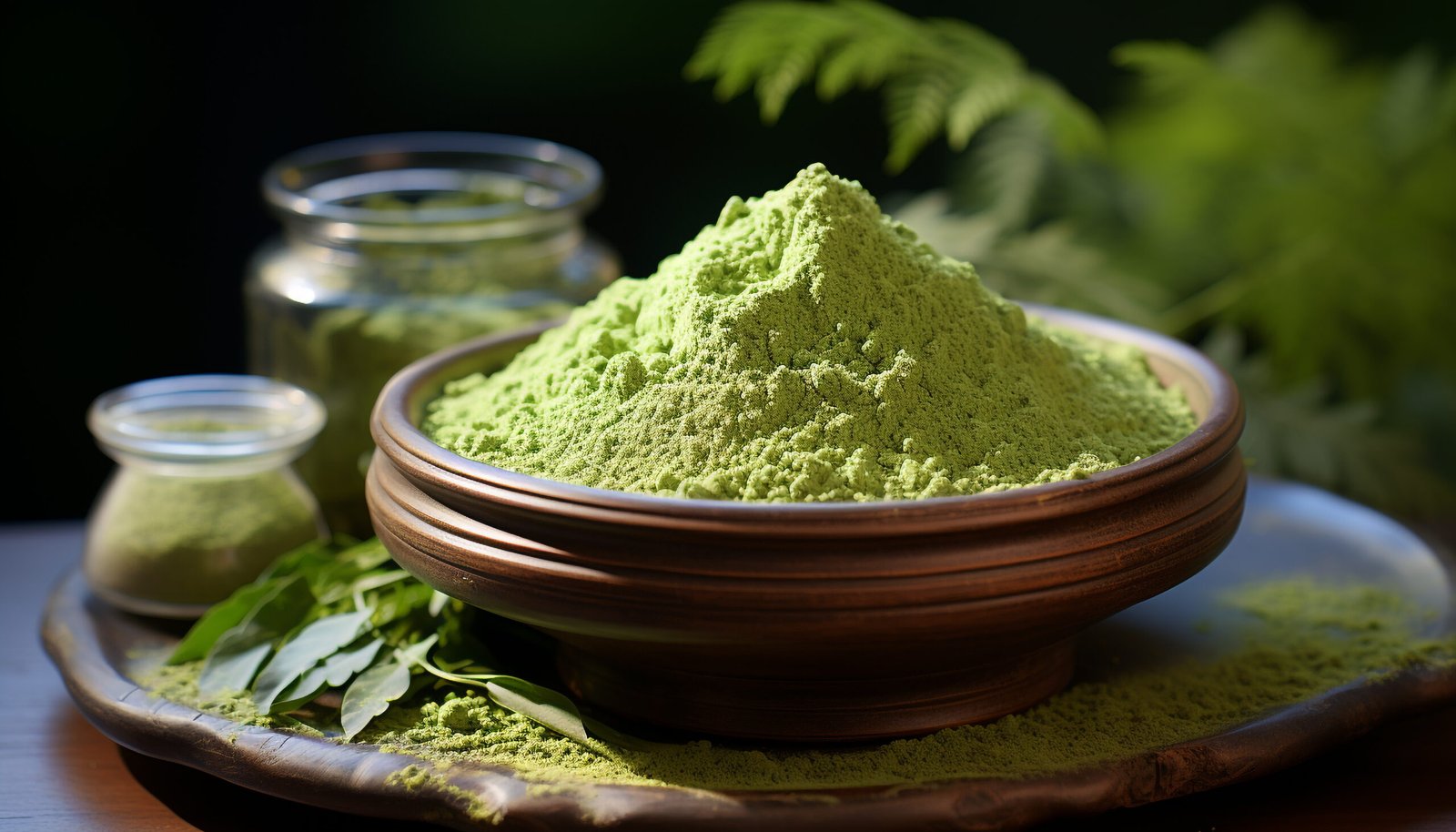‘Does kratom lower testosterone?’ is a question that every single user doubts and looks for answers to. Not only...
In the field of herbal supplements, a long battle persists, between “kava vs kratom“. Despite the fact that the popularity of natural remedies has grown exponentially, followers still search for supplements that satisfy their various needs.
As known in traditional cultures in the Pacific Islands, Kava is known for its calming effects and relieving properties. Also, it is a native Southeast Asian plant cherished for its analgesic properties. It also possesses the qualities of a stimulant that keeps people going about their daily work or activities. Hence, it becomes necessary to determine what makes it different from the other contenders. Well, let’s keep that portion to this comprehension guide as it compares health advantages, proper doses, and much more to help users make an informed decision.
Kava vs Kratom: Differences Explained
Traditional Uses and Applications
Kava is usually produced from Piper methysticum, which comes from the roots of the Pacific islands. It has been used by groups or ceremonies among the locals, who take it to relax and socialize. Moreover, locals extensively rely on it, as it might reduce anxiety without affecting cognitive functions like thinking ability.
On the other hand, Kratom has always been sourced from Southeast Asia and comes from the leaves of the Mitragyna speciosa tree. Since it increased their level of stimulation and endurance, workers would traditionally chew the leaves or brew kratom into tea. The reason for that lay in its two main active components namely, mitragynine and 7-hydroxymitragynine.
Source: Freepik
Modern Uses and Preferences
Both Kava and Kratom have found roles among those looking for natural treatments for stress relief, mood elevation, and health enhancement. While Kava is popularly regarded as non-addictive and thus suitable for social situations, in contrast, Kratom is ideal for those who want an organic solution that may induce energy or manage chronic pain. Thus, knowing these traditional and modern uses will enable you to decide which supplement best suits your health requirements and lifestyle preferences.
Possible Side Effects
There may be unwanted effects from excessive or chronic use of both of these supplements. Among those using Kava, stomach aches, nausea, and potential liver destruction are some possible side effects. Meanwhile, prolonged intake may result in dry and scaly skin as well. Severe liver damage may also occur in rare cases, especially when one consumes large amounts or combines it with other drugs, affecting liver function.
It is worth knowing that different people may respond to Kratom differently, leading to other side effects depending on the individual and dosage used. At low doses, users might get nauseous, constipated, or even experience increased heartbeat rates. Higher dosages, on the other hand, may lead to effects such as dizziness and respiratory failure.
Risk Management and Precautions
To overcome these risks, it is necessary to understand the risks associated with both Kratom and Kava to ensure safety while using them. Moderation, appropriate dosage, and knowledge about one’s health are vital in minimizing potential unwanted effects. It would be prudent to speak with a doctor before starting any of these supplements—just to be sure they won’t interfere with any existing health regimens you may have.
Source: Freepik
Dosage and Consumption Methods
Kava is usually consumed as a drink made by grinding it to powder, adding water, and then squeezing. Its products come in capsules, tablets, or extracts and may vary depending on form and concentration. Also, if one is looking for the ideal dosage, 200-300 mg of kavalactones per serving for drinks might be typical, while capsules and extracts usually have different dosing guidelines. Make sure you consult with your doctor regarding dosages.
Kratom, in turn, is available in different forms, like powder, capsules, or extracts. It can be mixed into liquid drinks or used to produce tea from its powdered state. Of all the products, capsules are easy to consume with no taste involved, which may be unpleasant to some people. Moreover, the desired effects and dosage may also vary depending on its nature.
Kava or Kratom? Which Is Good For You?
Personal choices and personal demands are the ultimate decision-makers when choosing between Kava and Kratom. Kava is known for its calming effect; it may reduce anxiety and promote relaxation without affecting the ability to think. Conversely, Kratom is known as a stimulant with analgesic properties that may increase energy levels while reducing chronic pain in the body. Each has different advantages, and their effects may differ depending on how much you take or how you react personally. To relax, you should go for Kava. But if you want pain relief or get an energy boost, then choose Kratom instead. For a more comprehensive experience, you may consider trying both to see which suits you best.
Summing Up
When deciding whether to use Kratom or Kava, it is essential to consider various factors that will include their benefits, side effects as well and correct dosages. No doubt, both these supplements offer unique experiences and potential benefits, but comparing which one is more suitable for you depends and might not be justified until and unless you consider your health needs and preferences. While Kava may be the best option for those who want to relax or manage stress, on the other hand, Kratom can be an effective solution for individuals searching for energy-enhancing pills and painkillers. Lastly, assessing all the related aspects can help you choose one that fits your health goals.





